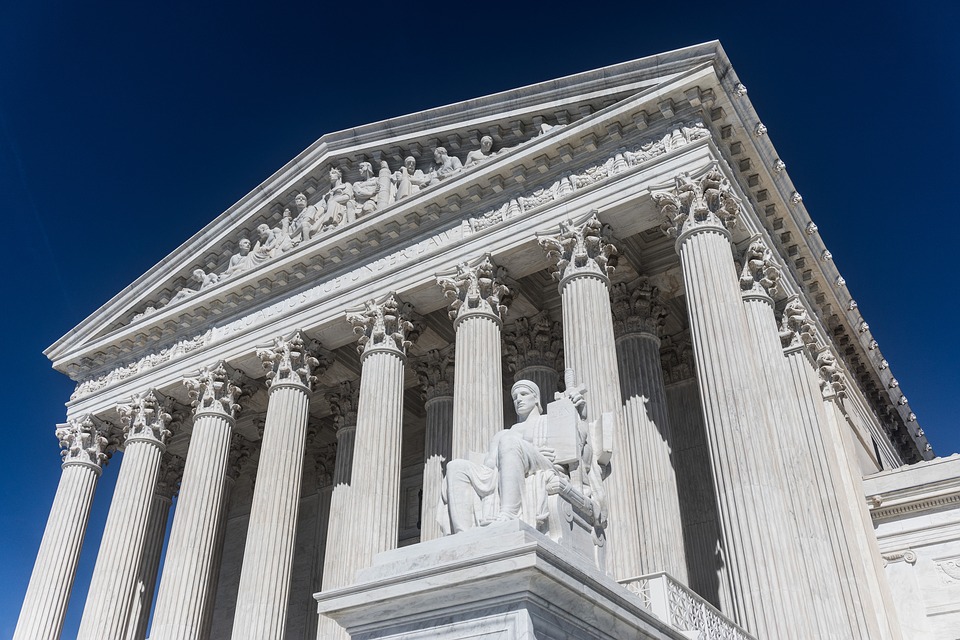Litigation in lieu of self-determination on status fails again
Last week, on April 21, 2022, the U.S. Supreme Court ruled that Congress can withhold Supplemental Security Income (SSI) benefits from Americans in Puerto Rico. In the case Social Security Administration v. Vaello Madero, an 8-to-1 majority vote of members on the high court held that Congress does not have to treat Puerto Rico the same as states in federal legislation, because that island is one of the last five “unincorporated” U.S. territories. The ruling confirms that Americans in Puerto Rico and other “unincorporated” territories do not have fully equal rights compared to U.S. citizens residing in the states.
The Vaello Madero decision reverses lower court rulings holding that Congressional authorization for SSI benefits in the 50 states and some but not all “unincorporated” territories requires equal benefit eligibility for Puerto Rico and hence all territories. By rejecting those lower court rulings in its Vaello Madero decision, as it has in every territorial rights case in the modern era the Supreme Court again upheld the “unincorporated” territory doctrine that originated in 1901 as a court-invented political status classification.
Justice Gorsach voted with the court majority, but filed a concurring opinion not directly addressing the actual merits of the Vaello Madero case. Instead Gorsach took aim at the Insular Cases, writing
“The Insular cases…deserve no place in our law…are…shameful…Because no party asks us to overrule the Insular Cases to resolve today’s dispute, I join the Court’s opinion. But the time has come to recognize that the Insular Cases rest on a rotten foundation. And I hope the day comes soon when the Court squarely overrules them.”
Overrule the Insular Cases?
The Gorsuch juridical assault on the Insular Cases got some attention but mostly curiosity. The question that arises from the Gorsuch narrative concerns exactly what it would mean to “overrule” the Insular Cases, as that line of rulings exist in the modern era. Even for those who completely agree with Gorsuch’s criticism of the original Insular Cases, the status of Puerto Rico was and 120 years later remains a political question Congress has the authority and responsibility to answer.
For example, if the courts declare Puerto Rico (and presumably all unincorporated territories) “incorporated,” does that lead to full equality – including voting representation in Congress and Electoral College – attainable only through statehood? Or, does it make a less than fully equal incorporated status permanent? If the U.S. Constitution has to be amended to make a Gorsuch envisioned incorporation fully equal to statehood, wouldn’t admission of Puerto Rico as a state or integration of small territories into existing states be more realistic than amending the Constitution?
The answer is that if U.S. citizenship is to continue the only path to full equality is statehood. If the unincorporated territories are prepared to give up current statutory U.S. nationality and citizenship, then independence with or without free association with the U.S. is the only other status option that ends the current colonial condition of the territories.








No responses yet